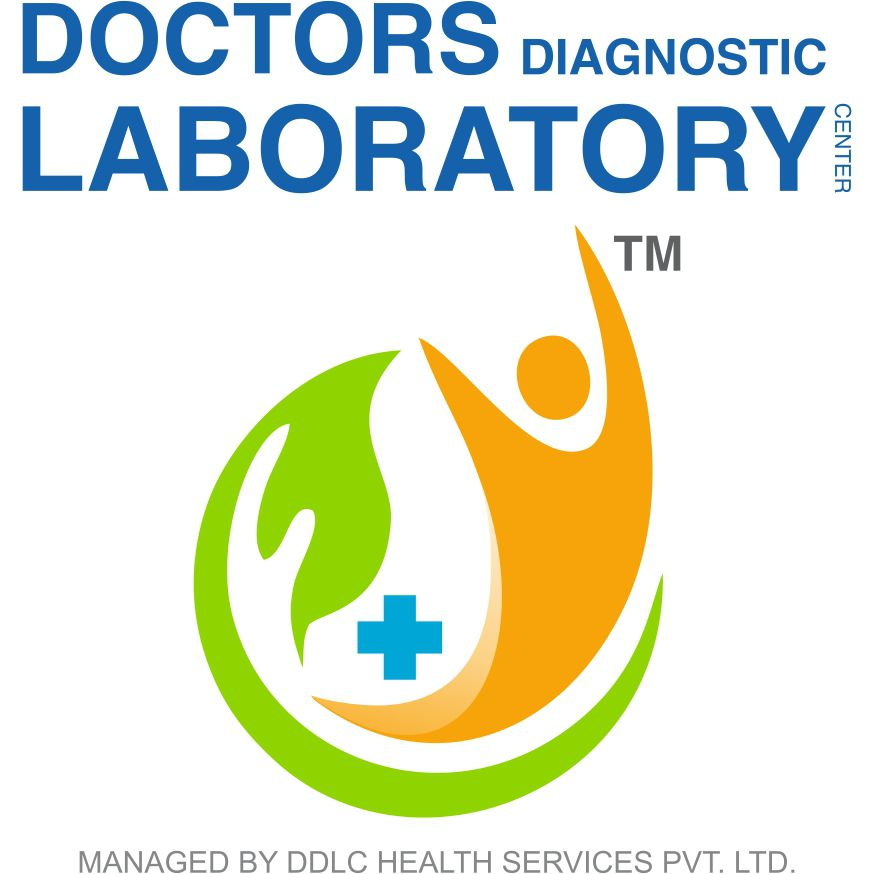
DDLC Health Services DTPA Renogram / Diuretic Renography (GFR) Test Price and Details
Last Updated On Sunday, May 18, 2025
DTPA Renogram / Diuretic Renography (GFR) at DDLC Health Services
What is the Dtpa renogram diuretic renography gfr Test?
The comparative renal function, potential urinary blockage, and renal artery constriction in high blood pressure individuals can all be assessed with a renogram. Healthcare laboratories perform the DTPA Renogram / Diuretic Renography (GFR) test as a specific diagnosis of your health. Your Complete DTPA Renogram / Diuretic Renography (GFR) sample will be obtained for this test, and the lab will process it there.
When is a Dtpa renogram diuretic renography gfr performed?
The renal DTPA is a procedure use to evaluate the kidneys' drainage pattern and determine which parts aren't working properly, radiopharmaceutical substances must be administered intravenously. The procedure finds structural or functional abnormalities in every description. A top-notch evaluation aids the physician in selecting the best course of action for therapy and addresses any issue related to the kidneys without intrusion or surgery.
What does a Dtpa renogram diuretic renography gfr detect?
A renogram is a kidney nuclear medicine test. It could be
used to check the efficiency of each kidney and the obstruction-free flow of
urine into the bladder. The outcome of this DTPA scan aid in the assessment of:
- The renal tubular system's operation and perfusion (the
process through which bodily fluids are circulated in the kidneys)
- Vascular hypertension in Reno (arteries of the kidneys
having high blood pressure)
- Stenosed renal arteries (the arteries taking blood to the
kidneys become narrow)
- Trauma, blockage, or injury to the renal tubules (ureters
become blocked or interrupted)
- Functionality and perfusion of renal transplants
What are the benefits of this test?
This examination reveals details on the kidneys' blood flow, operation, and urine production. Your doctor can evaluate the functioning of each kidney separately and look for the root of high blood pressure or even other unusual test results with the aid of a DTPA or MAG3 scan.
If your doctor suspects that there may be an issue with how
your kidneys are functioning, they may recommend that you have a nuclear
medicine renal scan to examine the blood supply, kidney function, and movement
of urine from the kidneys. High blood pressure, unusual urine test results, abnormal
in blood tests, and reduced kidney functioning can all be indicators.
The DTPA scan itself carries no known additional dangers. Ionizing radiation is used in the test, which is minimal compared to other common medical imaging procedures.
When should I know the results of the Dtpa renogram diuretic renography gfr test?
The DTPA Renogram / Diuretic Renography (GFR) test reporting window is two days (s). You will be informed when the results are available following processing. You could either visit a nearby sample collection site to acquire printed reports or you can obtain your lab test results online.
Your doctor's receipt of the detailed report will take a variety of times. If you need your results right away, let the employees know where you're getting the scan.
It is crucial that you speak with your doctor about the findings, whether it be in person or through the phone, such that they might understand what they imply for you.
Dtpa renogram diuretic renography gfr test Test Results range?
The best measure of renal function is the glomerular
filtration rate (GFR). Adult men have a normal GFR of 120 mL/min, whereas adult
women have a normal GFR of 100 mL/min.
